(Originally posted Summer, 2017, updated July 25, 2022)
When I tell people about “Comedy Writing for Revenue Teams” their faces light up. They’re super-intrigued – yet have no actual understanding of WTH I do. I’ve heard:
“I love improv!”
“You do stand-up about sales? That’s SO COOL!”
“You make people hilarious? How can you do that?”.
I can’t make you funny, I only have 5 minutes of sales jokes, and I’ve already talked about how great salespeople are prepared vs. unscripted in a previous article.
And while each is a pleasant byproduct of what I do, none of them are deliverables or objectives.
My goal is to enhance salespeople’s credibility, likability and confidence. To do this, I put them through a process to build a) understanding and empathy for a problem they can remove for their buyer, b) expressed in a way that’s short, memorable, repeatable, and elicits smiles/laughs from prospects.
Another goal is to stop making something fun sound so clinical.
But why are “jokes” (aka, short-form, 1-2 line humor and NOT a long-winded story told by your great uncle that features various types of clergymen, walking into a drinking establishment, only for the bartender to say offensive things to each of them) a healthy teaching mechanism?
Let’s kick things off with a quote:
“INSANITY IS DOING THE SAME THING OVER AND OVER AGAIN AND EXPECTING DIFFERENT RESULTS” –ALBERT EINSTEIN
If Einstein was around today, his LinkedIn profile’s tagline would read “Influential Thought Leader In Stuff You Don’t Understand”.
I disagree with Einstein, as I’d change “insanity” in the above quote with “stupidity”. In his defense, he invented a theory of relativity while I struggle to garner likes on LinkedIn (do you guys want motivational quotes or selfies with random dogs?).
The irony is that the solution to my own problem is to post something antagonistic on LinkedIn like “Me: Smarter than Einstein” (nothing like sowing the seeds of outrage to drive interest in your own brand).
I’ve digressed. Why did I bring up that quote from Einstein again? Oh yeah….
So many potentially fruitful businesses or ideas within businesses are burned to the ground because of operational incompetence. Inefficiencies stack up over time. Decision-makers become averse to changing them and find false justifications for leaving them in place – which frustrates the HELL out of employees forced to overcome these inefficiencies. Innovative thought & morale are tossed onto metaphorical bonfires because leadership doesn’t have the will or desire to fix basic problems that make employees productive and happy.
So, it’s hilarious when leaders make the same mistakes over and over again. Except when they’re our bosses. Then it’s tragic.
Speaking of ‘tragedy”….
“COMEDY = TRAGEDY + TIME” – STEVE ALLEN
Steve Allen was the original host of The Tonight Show, aka the only pop culture reference more outdated than Steve Allen.
He coined the phrase “Comedy = Tragedy + Time”. This equation is far more meaningful to me than anything that know-it-all Einstein ever proved.
Back in 1937, Hindenburg jokes were taboo, but today, it’s a metaphor for disaster – one that’s also less outdated than The Tonight Show.
Yet, in the business world, struggling through hard times just to someday laugh about them is neither a payoff nor an option. Repeated insanity experienced by employees in the present, is an utter tragedy, which not only affects profitability, but also diffuses morale and lower productivity. Ominous stuff. Nothing says “hilariously good times” like mass layoffs.
Good salespeople are like psychiatrists. We let prospects traumatized by operational frustrations vent their problems in a forum we offer them. Our role is to listen and prescribe the right medication to cure the patient, and get them back to a healthy operational state.
That said, the first step in asking for help, is knowing it’s needed. Part of our role is to help our prospect admit (or see) that they need to open up to us. To do that, we need to:
1) Get their attention;
2) Display empathy;
3) Be liked and earn trust
On the other hand, stand-up comedians are the ultimate attention-getters. We earn our audience’s attention by speaking about relatable challenges/observations, which strengthens the trust (and engagement) between comic and audience.
Consider the following joke for a cybersecurity company:
You need a low time-to-resolution and your network up…
…so your employees can keep ignoring Slack.
I know, I know: too soon.
Helping prospects laugh about their problem can become their first step in fixing it. Such jokes show the prospect that the rep understands a challenge they face, their industry, and it should get the prospect to – at the very least – crack a smile, trust the salesperson, and crawl onto their couch for deep therapy.
Most sales messaging is more templated than a CEO’s mass layoff explanation.
If you or your team want to stand out with humor that highlights what sucks about the specific problems your company solves and don’t know how to get started, please check out my live class aka “The Writers’ Room“. Team up with a few smart, creative colleagues to “roast your prospects’ pain”, and learn how to deploy the jokes you create over cold outreach (emails, cold calls, LinkedIn, video messaging), discovery, and demos.

